Michael Caine is ninety on Tuesday, and he offers to accept questions by email, which he will then answer by email, as if we are communicating between galaxies. Normally this would bother me – gah, actors – but it is Michael Caine, so I can’t mind. Maurice Micklewhite’s invention Michael Caine — he named himself after The Caine Mutiny — is as luminous a piece of twentieth-century British culture as Eleanor Rigby. There are some people you want to be happy. They deserve it.
He replies quickly: this is a functional man. What did I expect? He has been nominated for an Academy Award six times in four separate decades, and won twice, and he is still working. This is work.
“There are no films I wish I hadn’t made,” he says, and this is a singular attitude. John Gielgud would not have had the confidence to appear in Jaws: The Revenge and was not a big enough star for The Muppet Christmas Carol. “I got paid for all of them,” he adds, and he bought his relations a house each. He didn’t even bother to read the script for The Swarm, a 1978 horror film in which bees gang up on him and Olivia de Havilland. His work ethic was Academy Award or a million dollars. He calls his career “a miracle without the slightest difficulty.” It’s not true, of course: he struggled for a decade in regional theater. But confidence is his defining characteristic, and it gives him, among actors, a peculiar grace.
This confidence is due to his mother, Ellen, I think, a cook and charwoman who loved him. He owes the most to her, he says. When his father, also called Maurice, a fish porter at Billingsgate, left to serve in World War Two Caine was six years old. “When his truck disappeared around the corner, she turned around to me and said: ‘Now you have to look after me.’ And she made me a man in one sentence.” He had an unhappy experience as an evacuee — he was locked in a cupboard — and, as a result, all his charity work now is for children.
When Caine was depressed as a young man after his father died, his mother spent the life insurance — £25 — on sending him to Paris, so he could see the scope of the world. He loved the book Springtime in Paris by Elliot Paul and stayed in the hotel where Paul had lived. When he ran out of money, he slept in the airport and sold chips on the street next to a friendly hot dog vendor. He returned to find a telegram saying he had a job on a film. He claims he had no plan and says he became an actor for the girls. “I became an actor because I wanted to kiss a girl, and I got to kiss all of them, so I thought it a good profession.’ His father had not understood this. He thought Caine was gay, at least for a while.
Until Caine arrived, Cockneys were played by middle-class actors from RADA or, preposterously, by Dirk Bogarde. He played with Joan Littlewood’s Theatre Workshop but was dropped for not being suitable for an ensemble cast. (She told him: “You can piss off to Shaftesbury Avenue, you’ll only ever be a star.”) Then he played “a Cockney bloke in the West End in a play called Next Time I’ll Sing To You. An American director who was in the audience saw me and gave me a part in the film Zulu as a posh officer. This made me a star and I never went back on the stage again.” He was thirty-one when Zulu came out, and he was so happy he cried. I ask: “What would you have been if you hadn’t been an actor?” “Broke,” he says. I don’t believe him. He won a scholarship to grammar school. His favorite poem is Kipling’s “If,” which suits him – “If you can talk with crowds and keep your virtue / Or walk with kings — nor lose the common touch” — and his favorite painting is Renoir’s “Luncheon of the Boating Party”: Paris, again.
If Caine is slightly underrated, it is because he is so present: you don’t tell wallpaper it is beautiful every day. I can’t think of a better portrayal of disappointment on screen than Frank Bryant in Educating Rita, or heartbreak than Elliot in Hannah and Her Sisters, but then he is good at playing failures. His ease is a deception. Pauline Kael, the doyenne of American film critics, said: “The goal of Caine’s technique seems to dissolve all vestiges of ‘technique.” He lets nothing get between you and the character he plays.” The critic David Thomson says Caine “tends to be as cold and barricaded as his spectacles.” I don’t see that, but Thomson has probably watched all of Caine’s 150 films, including Blame It on Rio.
Caine likes to look back on the films that made him famous: Zulu, The Ipcress File and Alfie. When he says the closest parts to him are Harry Palmer and Alfie, again, I don’t believe him. Alfie is not uxorious, as Caine is — he has been married to his wife, Shakira, for fifty years — and he has complained when journalists compare him with Alfie, who is a terrible slag. But he was beautiful, and who doesn’t want to remember themselves as beautiful? And I can’t prod him by email. When he says: “The furthest away was the conductor called Fred Ballinger [in] Youth,” I do believe him.
His latest film, The Great Escaper, about a veteran who escapes from a care home to go to the seventieth anniversary commemoration of D-Day, will appear this fall. Does he have plans to retire? “I retire all the time,” he says, “and then a script arrives and tempts me out of retirement.” Last time we met, ten years ago, he told me: “I think if you retire, you’re sort of saying, ‘I’ve given up. I’m going to sit here and what am I going to do now? I’ll tell you what — I’m going to die.’” When I ask him how cinema has changed, he says: “I no longer know who anyone is.”
He took the part in The Great Escaper, he says, because he “understood the character who was eighty-nine, the same age as me.” “I play an old serviceman, which I am.” He served in the Korean War, of which he said: “The rest of my life I have lived every bloody moment from the moment I wake up until the time I go to sleep.” He wrote his first novel during the Covid lockdown, a thriller called If You Don’t Want to Die, which will also appear this fall, about two dustmen who find uranium in the rubbish. Writing staves off boredom. He had broken his ankle and was stuck in front of the television when the pandemic struck.
We might know him as Michael Caine, but he took his knighthood in his real name. He is really Sir Maurice Micklewhite. Sir Maurice takes being Michael Caine very seriously — and he is very good at it — but his diplomacy has limits. When I ask him if the media have been unfair to Woody Allen, the director of Hannah and Her Sisters, who is dogged by allegations of sexual misconduct, he says yes, but adds no more. When I tell him that Zulu is listed on the counter-terror Prevent scheme as a piece of culture that incites the far-right, he says: “That is the biggest load of bullshit I have ever heard.” Again, he adds no more. He pursues happiness. His perfect day is being at home with his grandchildren, and on his birthday, he says, he will dine with his family.
I type this up thinking he should be considered our greatest film actor: it’s his delicacy. Then I remember The Swarm and understand: he doesn’t care.
This article was originally published in The Spectator’s UK magazine. Subscribe to the World edition here.



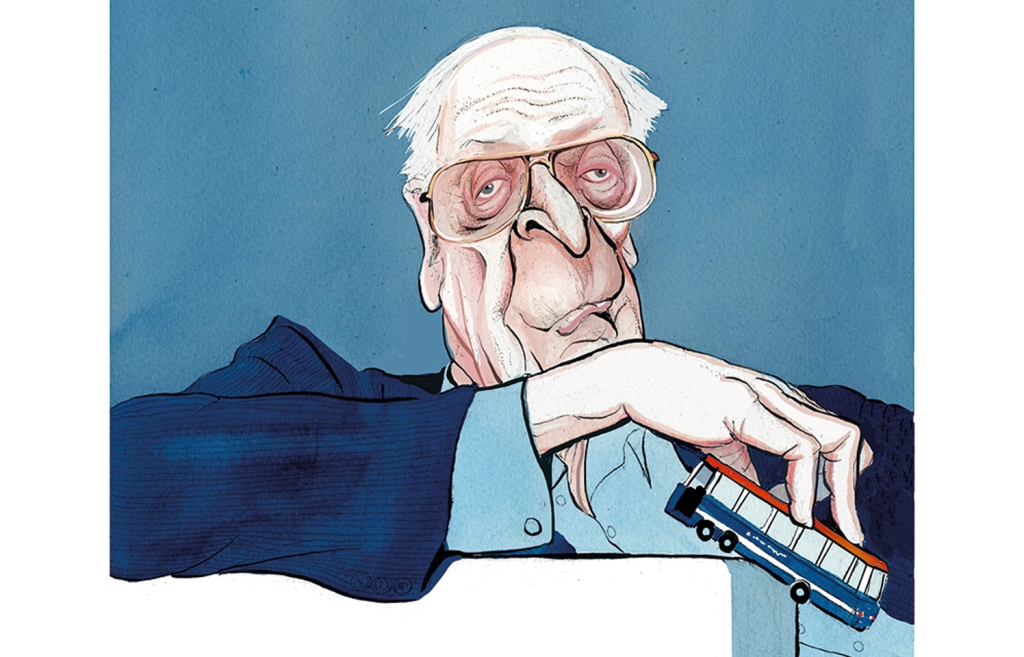






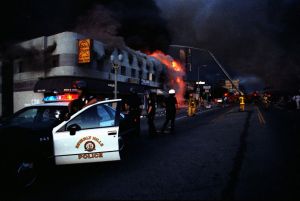

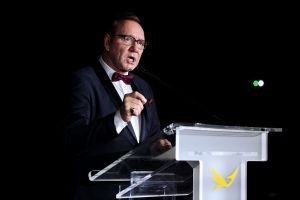
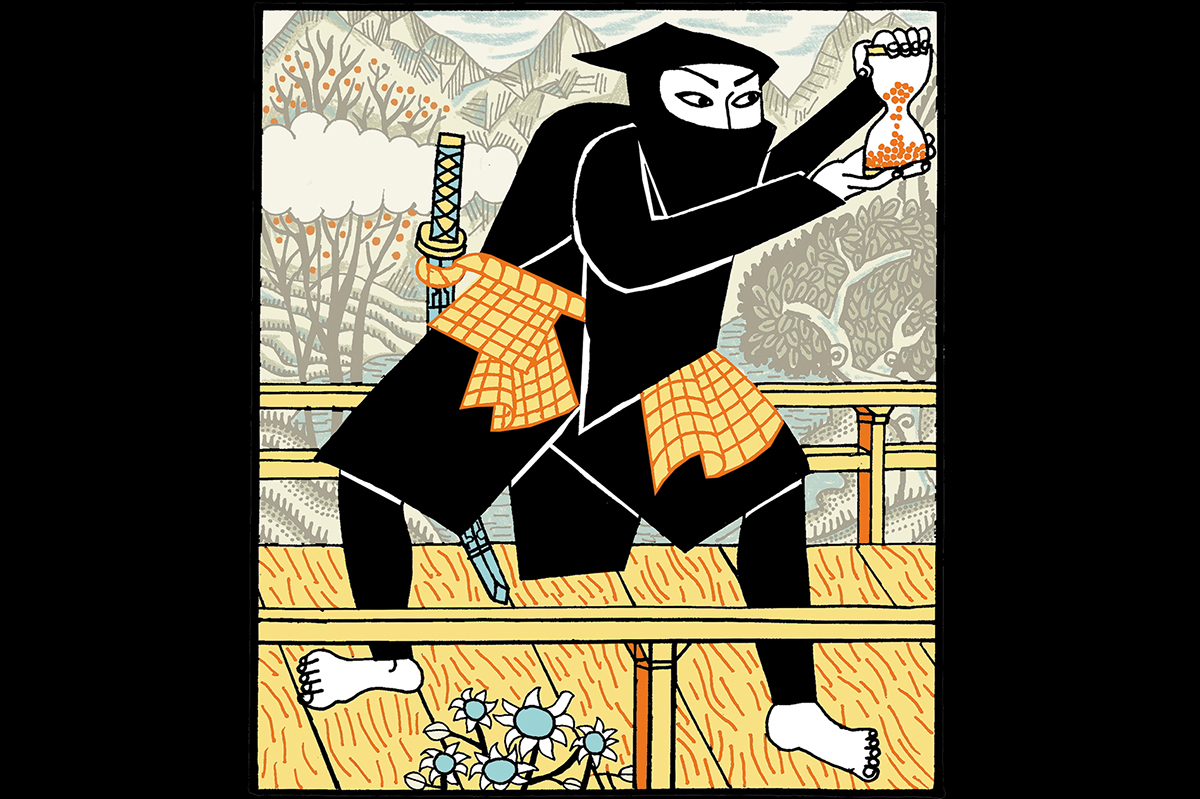
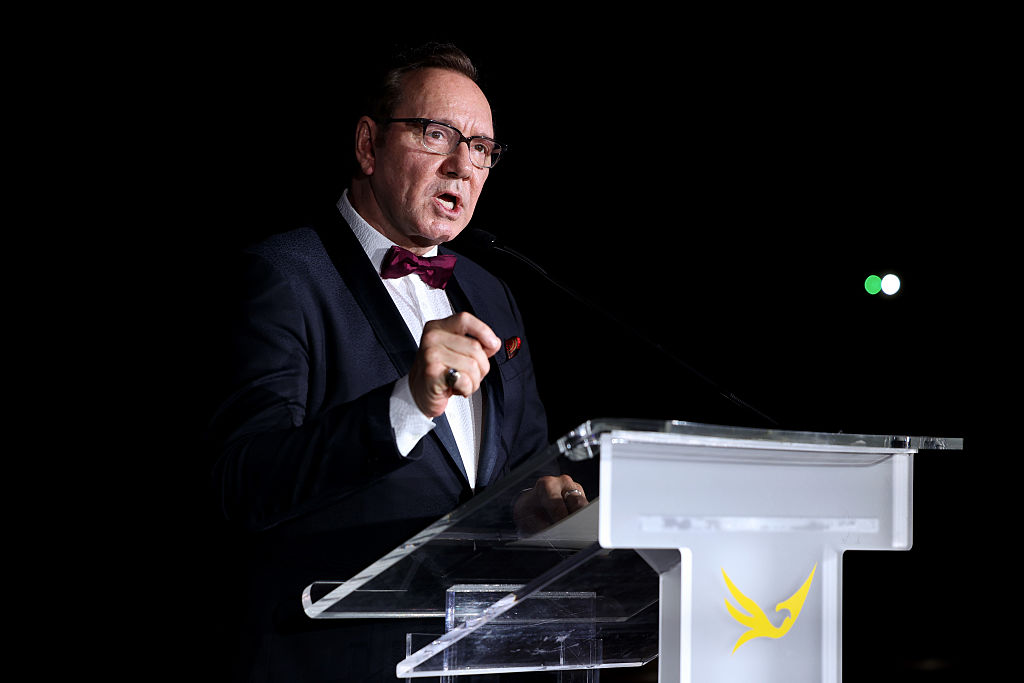


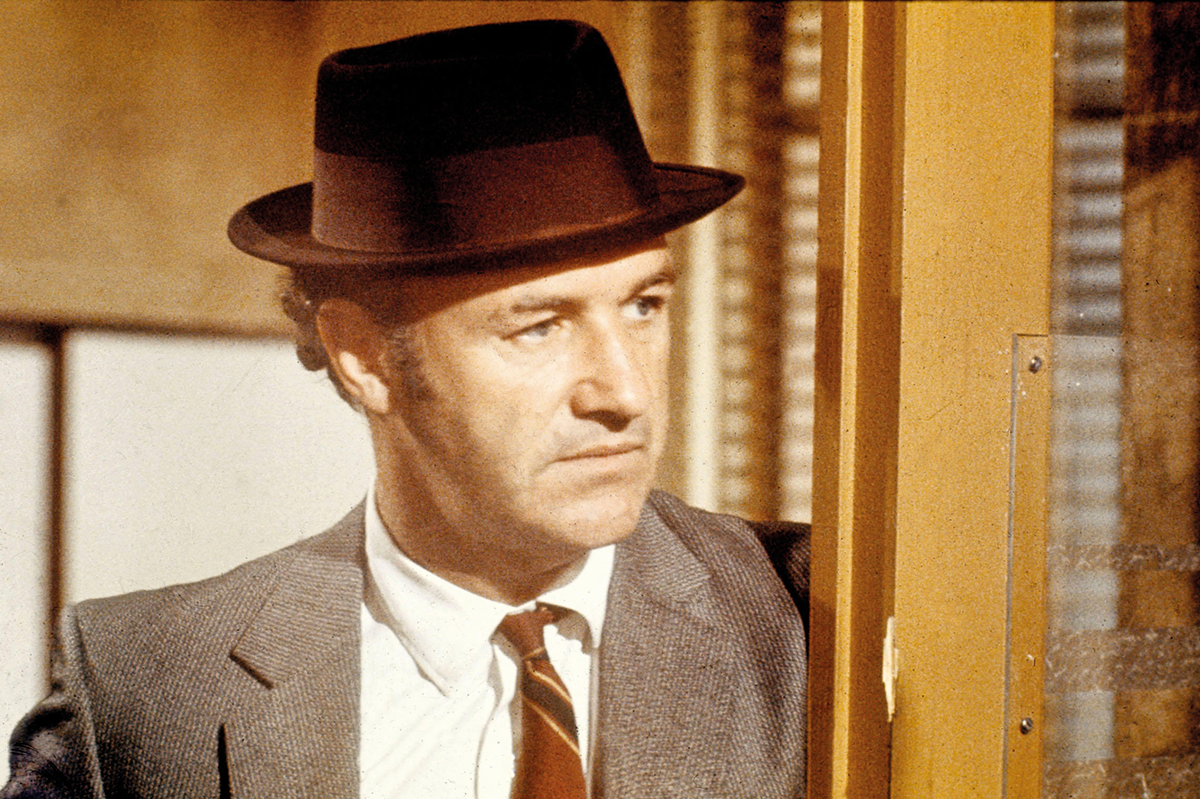
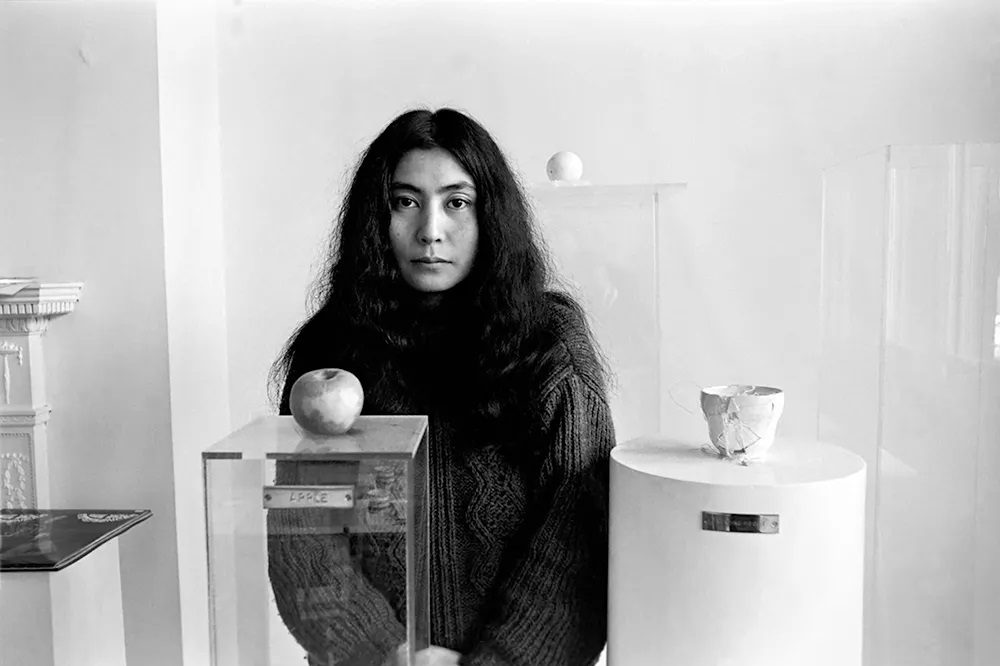







Leave a Reply